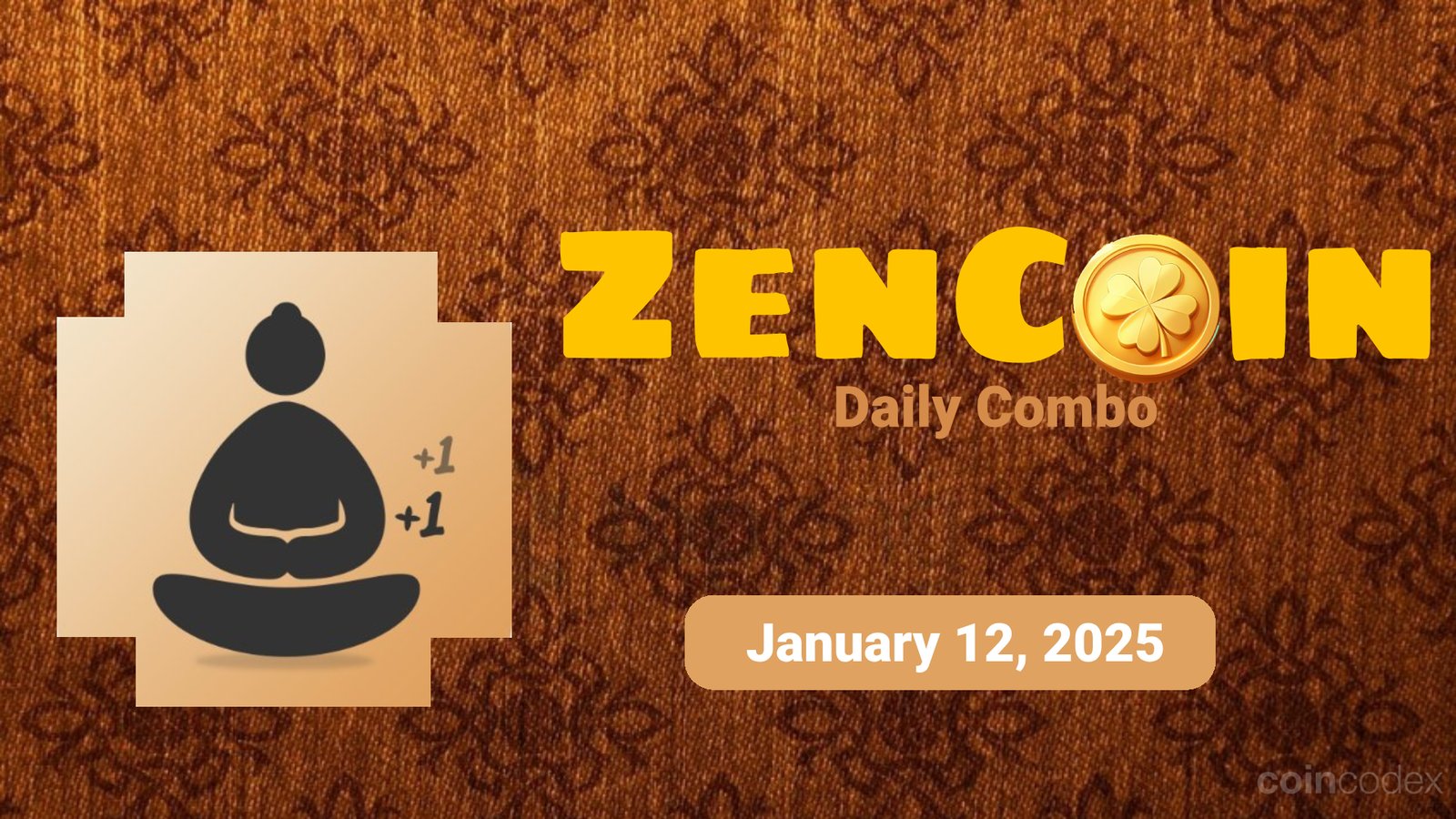From THE DAILY SCEPTIC
by Noah Carl
Science, nominally the most prestigious scientific journal in the world, is at it again. In November, they published an editorial by Agustin Fuentes titled ‘Scientists as political advocates’. The gist is that scientists and scientific institutions need to be even more political than they already are.
Back in 2023, Fuentes wrote an editorial that claimed “being woke is just doing good 21st-century science”. And in 2021, he wrote one that described Charles Darwin as “an English man with injurious and unfounded prejudices”. Indeed, the prolific Fuentes has penned no less than eight editorials for Science over the last four years – suggesting that the editors like what he’s selling.
Returning to ‘Scientists as political advocates’, Fuentes begins by warning readers that science is “under attack”. Does he mean that it’s under attack from woke ideologues trying to bend science into a tool for promoting ‘diversity’? Or that it’s under attack from public health officials trying to shut down discussion over the harms of pandemic policies? Of course not. He means that it’s under attack from his political opponents.
Almost all the examples Fuentes gives involve accusations that some person or organisation on the political right is attacking science. He isn’t worried about attempts to redefine basic biological concepts like ‘sex’ or scientists being made the subjects of censorious petitions for opposing mask mandates. This isn’t to say that Fuentes’ examples don’t qualify as attacks – just that his presentation is so obviously one-sided and tendentious.
In the next paragraph, Fuentes manages to derive the conclusion that “science in many societies is political and always has been” by quoting a recent statement on “scientific responsibility” from the American Association for the Advancement of Science, which incidentally publishes Science. I’m not convinced. Sure, scientists should act responsibly, just like everyone else. But this doesn’t mean that science as an institution is or should be political.
People like myself who oppose the politicisation of science aren’t saying that scientists should be free to act irresponsibly, or that they should be indifferent to “the interest of humanity” (Fuentes’ words) in their role as private citizens. We’re saying that science itself should be kept separate from politics, as prescribed by the four Mertonian norms:
- Scientists must be judged on impersonal criteria. (No firing people for ‘racism’.)
- They must share their data and results with one another. (No preventing access to datasets.)
- They must seek to advance knowledge, not pursue personal or political goals. (No requiring people to promote ‘diversity’.)
- And they must remain detached from the subject matter of their research. (No promoting feel-good dogmas.)
In the next paragraph, Fuentes reaffirms his woke credentials, complaining that “attacks are often especially intense when the scientists are also women, BIPOC (Black, Indigenous, and people of color), queer, or from other marginalized groups”. What he’s basically saying is that attacks on white male scientists are the least intense, which is more or less the opposite of the truth. Attacks on white male scientists tend to be the most intense precisely because such individuals rank lowest in the woke’s victimhood hierarchy. Have any black female scientists been the subject of a censorious petition signed by hundreds of their colleagues?
Fuentes proceeds to criticise the “idea that scientists must maintain an air of neutrality”, which, he claims, is “ethically problematic and practically detrimental” in the face of an “anti-science onslaught”. He seems to believe the only reason people aren’t on board with his political agenda is that too many scientists are laying low because they’re hung up on this whole neutrality thing. But scientists in many fields aren’t keeping quiet: they’re engaging in precisely the kind of activism that Fuentes wants. And in doing so, they’re contributing to the loss of public trust in science.
Fuentes’ call for super-charging the politicisation of science somehow isn’t very compelling. Traditional scientific values like neutrality and impartiality – they’re worth hanging on to.
Related
Discover more from Watts Up With That?
Subscribe to get the latest posts sent to your email.









Leave a Comment